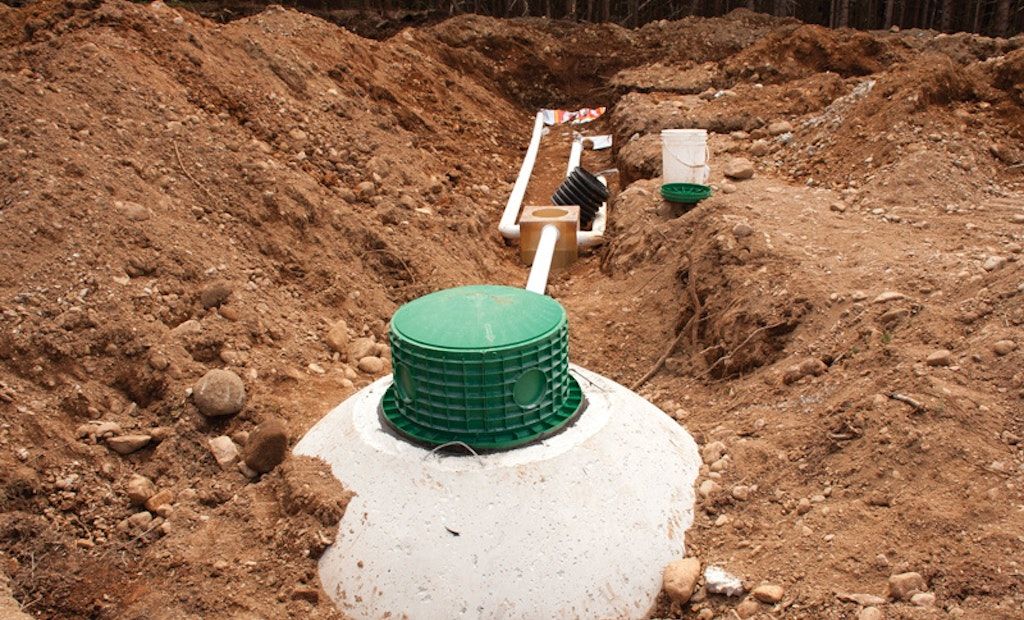Many buildings and households have on-site wastewater management systems, sometimes known as septic systems. Since septic systems are buried, they are often overlooked since they quietly, elegantly, and efficiently preserve human and environmental health. Septic systems are popular in rural areas but can also be found in metropolitan settings. If properly designed, constructed, and maintained, your septic system can provide long-term, effective treatment of household wastewater.
If your septic system isn’t maintained, you might need to replace it, costing you thousands of dollars. A malfunctioning system can contaminate groundwater which might be a source of drinking water. And if you sell your home, your septic system must be in good working order.(1) Therefore, you should ensure that your septic tank is properly maintained all year round.
Below are the ways you can take care of your septic tank.
Inspect the System and Pump Regularly
Walk around the septic system regularly, looking for locations where the grass is much more lush or dense than in other parts of the yard. A leaking tank provides adequate plant life nutrients while emitting strong sewage odors. However, because the tank is located below, it will be impossible to detect any leaks in the tank while it is still in operation. The optimum time to inspect the septic tank for leaks is while it is being pumped.
Therefore, if your Chattanooga septic service does not already include a leak inspection in their procedure, ask whether they can complete this operation while the tank is being pumped. A septic service Chattanooga specialist should inspect the average household septic system at least every three years. Septic tank pumping Chattanooga experts normally pump septic tanks every three to five years. Alternative systems that use electrical float switches, pumps, or mechanical components should be evaluated more frequently, at least once a year.
Because alternative systems include automated elements, a septic service contract is essential.
Keep the Leach Field in Good Condition
The leach field is a critical septic system component that must be safeguarded at all times. It’s made up of many perforated pipes that run the length of the leach field, and while it’s safe to walk on, the weight of cars, trailers, and semi-permanent constructions can cause harm to the underground pipes. To avoid septic system damage, properly mark off the leach field and notify any guests that this section of the yard cannot handle high loads. Plant life and drainage around a leach field must also be monitored.
To avoid floods, water from the house should be directed away from the leach field, and any trees, bushes, or shrubs should be removed so that their roots do not grow into the pipes. However, grass can and should be grown on the leach field since it absorbs water to prevent floods, the roots do not grow too deep, and the grass helps to prevent erosion.
Utilize a Bacteria Additive
The waste from the house does not simply accumulate in the septic tank until the tank needs to be pumped. It is filtered by weight, allowing the solids to settle to the tank’s bottom and releasing the liquid waste to the leach field to be filtered by the soil. The waste that remains in the tank is progressively broken down by bacteria, which aids in maintaining the septic system. However, the bacteria in the system are susceptible to strong cleaning solutions, antibacterial soaps, and drain cleaning products.
So, you can add new bacteria that break down unnatural chemicals, such as detergents, to safeguard the naturally occurring bacteria in the septic system. Ensure you do your homework to ensure that these additives are genuinely useful.
Store All Maintenance Records
Regardless of the sort of system maintenance performed, it is critical to retain precise records of the outcomes. You can use these records to determine how much and how frequently you should add bacteria to the system. Any inspection results that go beyond your system’s normal expectations based on previous records might also help flag any problems before they become too difficult to manage. Another reason to keep extensive maintenance records is to have them available for any prospective purchasers if you decide to sell the house.
Septic systems put some people off, but with complete maintenance records, your house will certainly be more desirable than a comparable property with an uncertain septic system history.
Minimize Water Usage and Household Waste
Paying attention to the volume and substance of what you dump down the drain is a simple process in septic system maintenance. An excess of liquid waste can cause the septic system to overflow. So, redirect roof water from the leach field, invest in water-saving appliances, spread out laundry and dishwasher loads, and have a septic service Chattanooga TN address any leaks as soon as feasible. A high amount of solid waste is also undesirable, as it causes sludge in the septic tank to accumulate quickly, increasing the system’s pumping frequency.
Instead of dumping fats and uneaten food down the sink, place them in the garbage recycling bin or a compost pile in the yard. Remember that a septic system uses bacteria to break down waste, so pouring strong cleaning chemicals down the drain harms the bacteria and reduces the septic system’s function. To avoid harming the bacteria in the tank, use cleaners certified as safe for septic systems.
Ensure There Are No Clogs in the Leach Field
Even if you limit the amount of water and solid waste that leaves the house and inspect and pump the septic tank regularly, the leach field can become plugged. This is especially true during rainy weather because excess water can flood the system, increasing the amount of solid waste that flows into the leach field. Flooding can also occur when a considerable quantity of snow melts over several days. So, it’s a good idea to stroll across the leach field during rainy weather to check for sewage smells or unusually fast-growing grass, which could signal that the drain field is clogged.
The
best septic service Chattanooga TN will educate you on the notable signs of a blocked leach field, such as slow-running drains, backed-up plumbing, still water, and soft ground.

For more information on Flush Fellas Septic & Excavating and our services, feel free to reach us via phone today: (423) 498-9839.

About the author
Charles Chandler
Charles Chandler is the founder of Flush Fellas, a septic and excavating company based in Chattanooga, TN. With a passion for providing top-notch services to his clients, Charles has established himself as a prominent figure in the industry. He has extensive knowledge of septic systems, excavation, and drainage solutions, which he uses to offer customized services that meet the specific needs of his clients. Charles is committed to providing exceptional customer service and building long-term relationships with his clients. He is dedicated to staying up-to-date with the latest industry trends and innovations to ensure that Flush Fellas continues to offer the best services possible.


